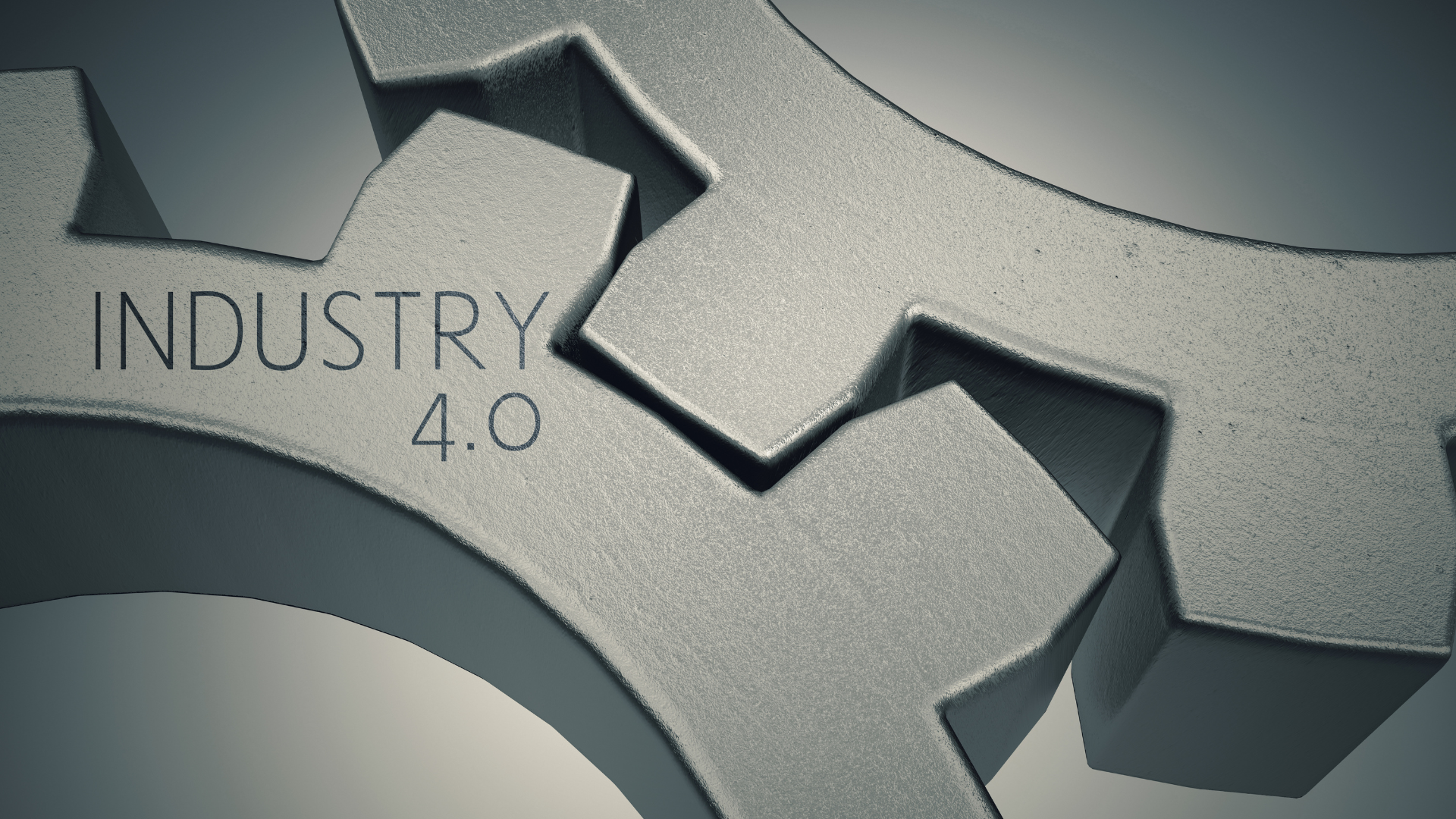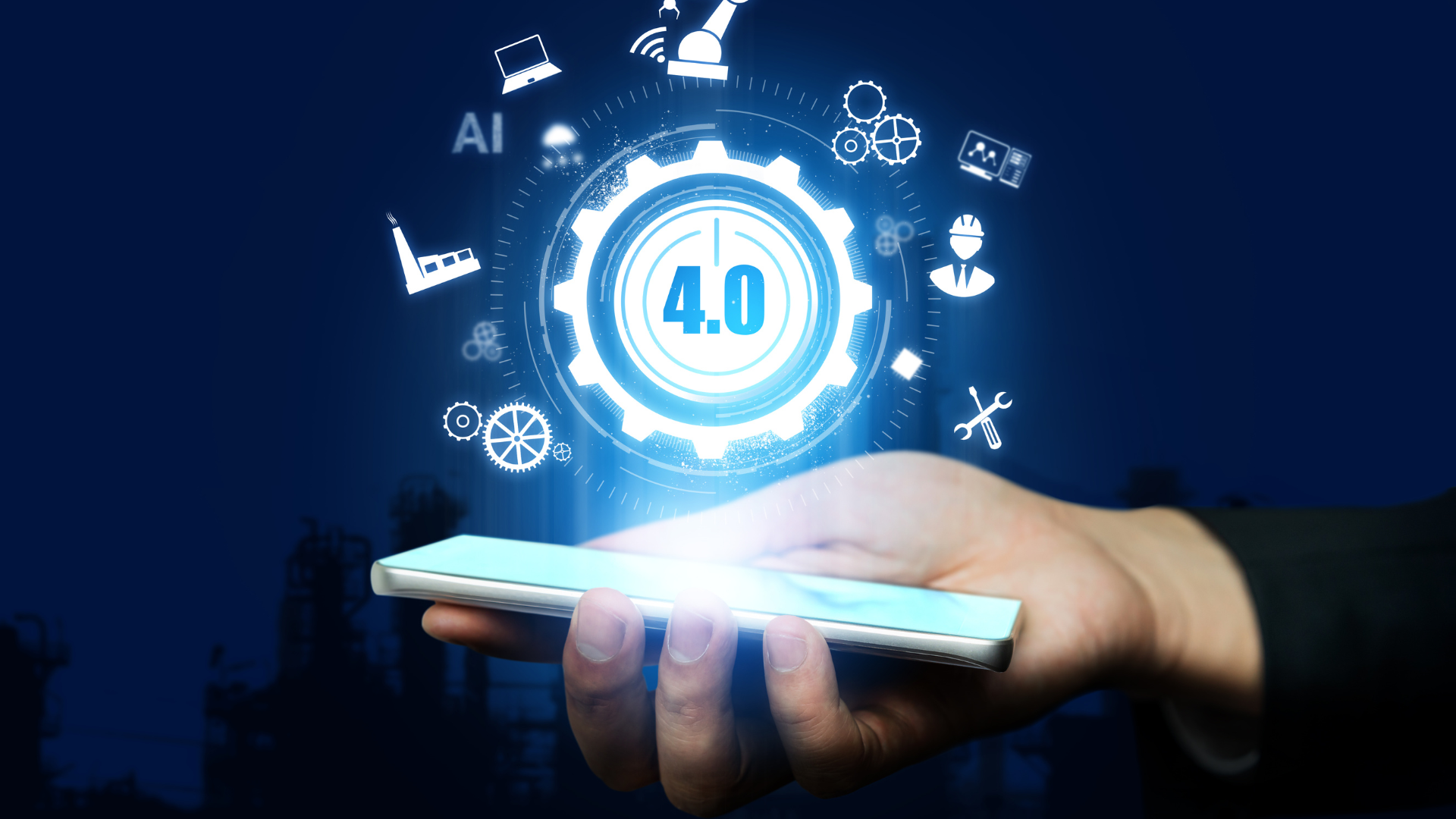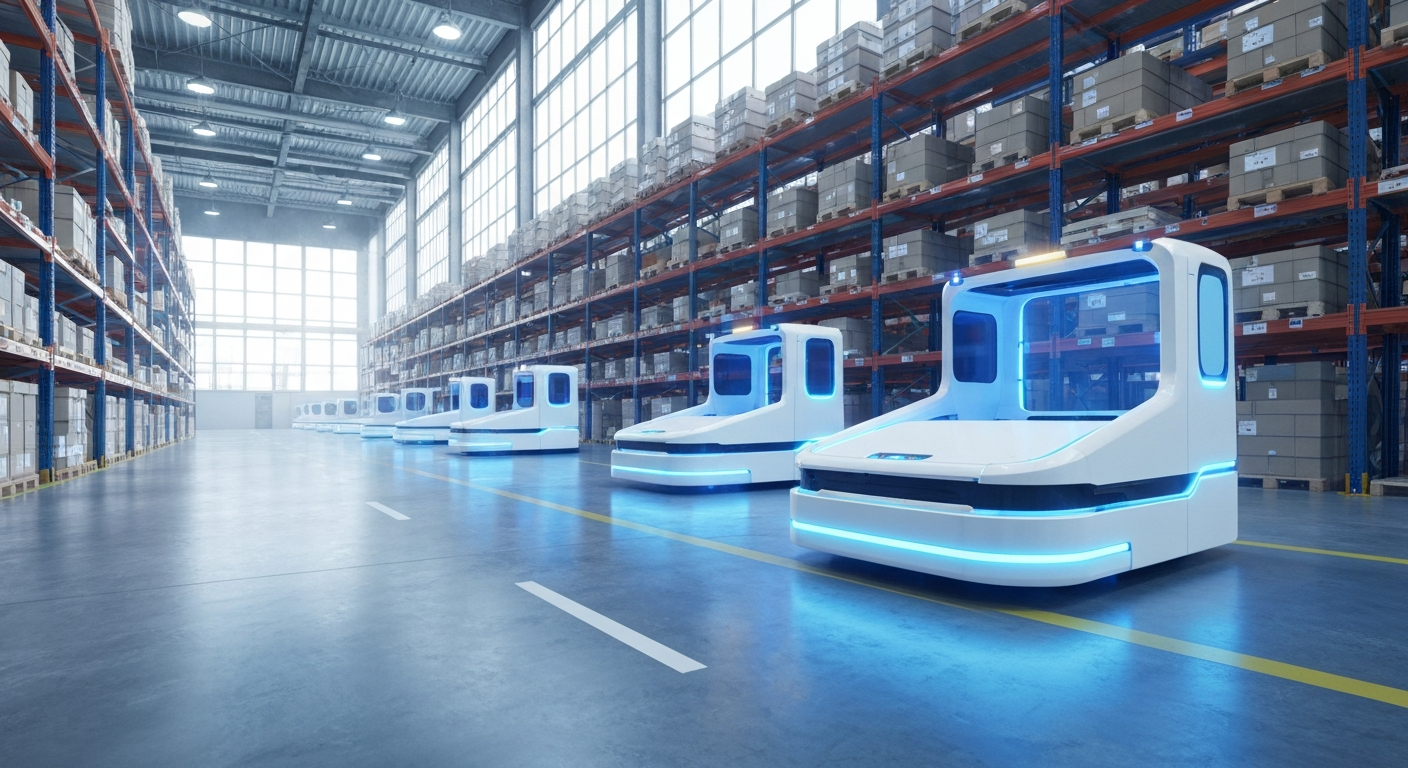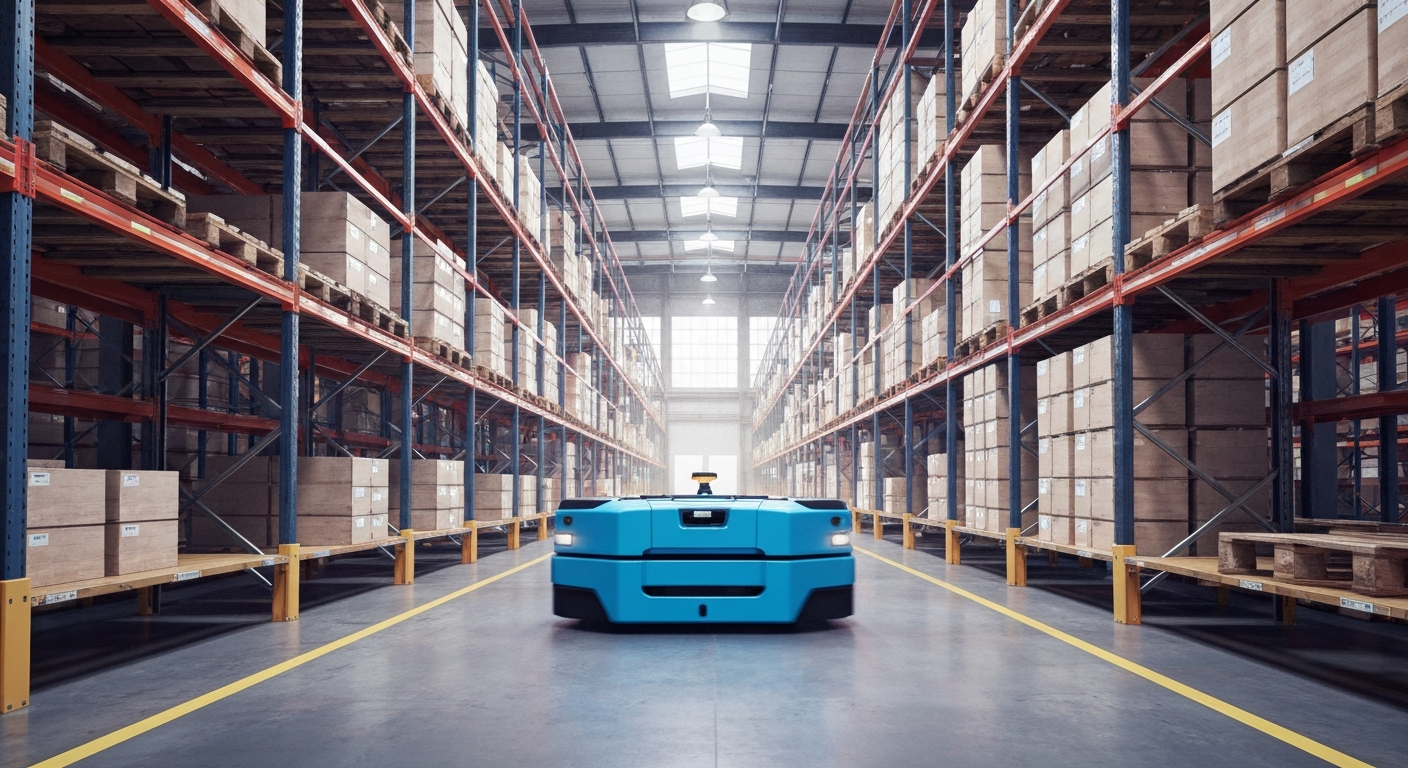Industry 4.0, also known as the Fourth Industrial Revolution, refers to the integration of advanced technologies into various industries to create a more efficient and interconnected system. The phrase "Industry 4.0" was originated in Germany to define the digitalization and automation of manufacturing processes, commonly referred to as the fourth industrial revolution.
In simple terms, Industry 4.0 involves the use of technologies such as artificial intelligence, robotics, Internet of Things (IoT), cloud computing, and big data analytics to automate and optimize industrial operations. The primary goal of implementing this technology is to boost productivity, lower expenses, ensure better quality control, and facilitate data-driven decision making in real-time. By achieving these objectives, businesses can streamline operations and make more informed choices based on accurate and up-to-date information.
An example of Industry 4.0 revolution is the implementation of smart factories where machines communicate with each other and with humans through IoT devices. The utilization of AI technology enables smooth coordination and synchronization of production processes.
Industry 4.0 also sets certain standards for organizations to follow in order to achieve interoperability and compatibility between different systems. Communication protocols, such as OPC UA (Open Platform Communications Unified Architecture), play a vital role in facilitating seamless data exchange between machines. These standards ensure that machines can effectively communicate with one another, enabling efficient and reliable data transfer within a system.
As for Industry 5.0, it is a concept that builds upon Industry 4.0 by focusing on human-machine collaboration rather than complete automation. Recognizing the significance of human creativity and problem-solving abilities alongside technological progress is crucial. While technology continues to advance, it is important to acknowledge the unique capabilities that humans possess and how they can complement and enhance technological advancements in various fields. By combining human ingenuity with cutting-edge technology, we can achieve greater innovation and solutions to complex problems.
In terms of supply chain management, Industry 4.0 enables greater visibility and transparency throughout the entire supply chain by integrating sensors and data analytics tools into logistics processes. Incorporating AI into your operations enables better management of inventory, as well as the ability to predict maintenance needs, track in real-time, and enhance overall efficiency. This can have a significant positive impact on your business operations and help you stay ahead in a competitive market.
Even though there is no specific "Industry 5.0 PDF" available, you can find a wide range of online resources that offer in-depth information on Industry 4.0 and its potential future advancements. These resources may include informative PDF documents or other formats that discuss the topic extensively.





